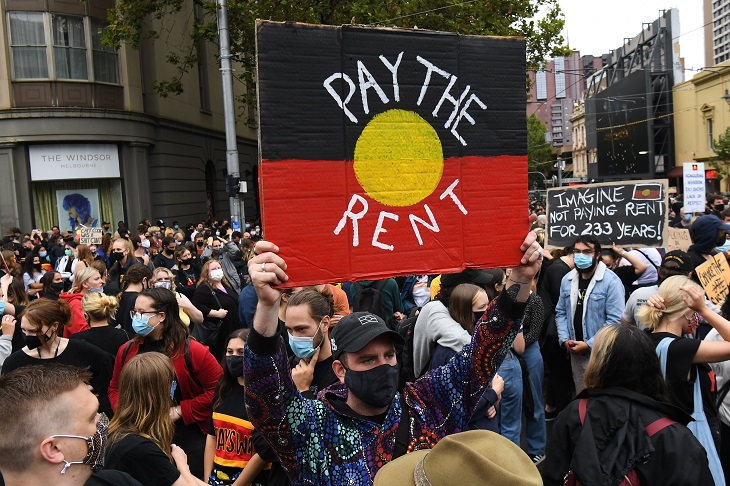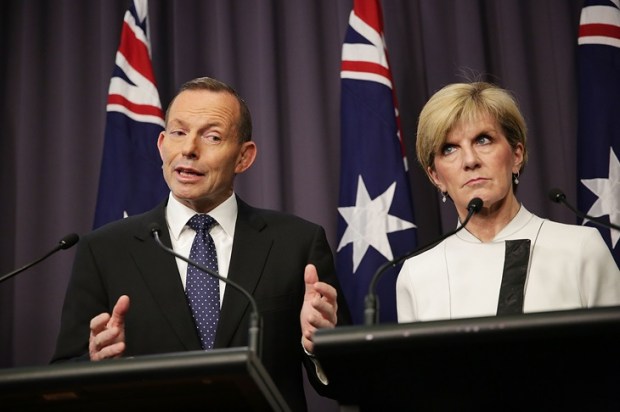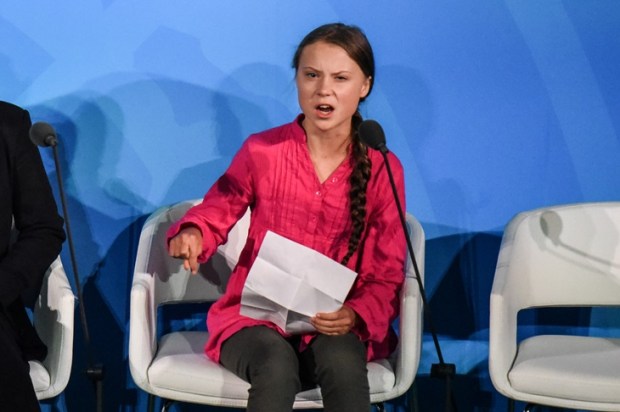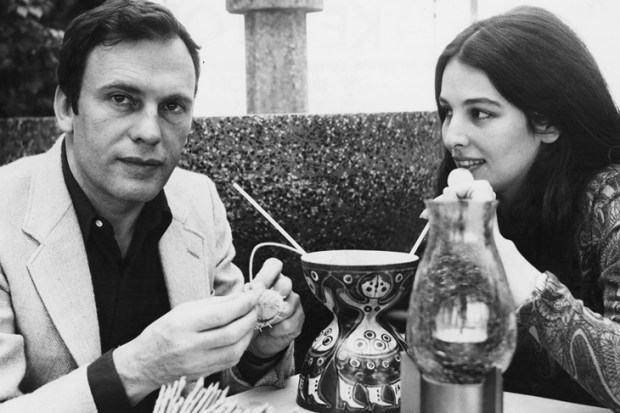Recognition, reconciliation, closing the gap, a Voice … all bundled into a grievance package squeezing the guilt out of contemporary Australia.
That’s how it looks to a migrant of 56 years, some of whose journalism took him to the red centre of Australia for face-to-face interviews with Aboriginal artists. Later, face-to-face interviews with Aboriginals in film and theatre. More recently, face-to-face interviews with reformed and reforming Aboriginals in the cities for the virtual mentoring project What Makes A Man A Man.
These experiences are not unique. Most Australians interact with Aboriginals almost every day, some in professional settings, some in the trades, and some in the community. One of my most recent articles was about the Aboriginal man languishing in a South Australian prison for almost 40 years for a murder conviction that has the characteristics of a miscarriage of justice. (No shortage of white Australians in this category, either.)
To this migrant, Aboriginal Australians have always seemed recognised, and fully integrated. Australian society has evolved and matured; the past was another country, as it were. This new country provides vast resources for health care to everyone, black or white, saving babies from early death, curing sickness, filling teeth, and mending broken bones for all.
As well, I have seen this new country offer abject apologies (plural) for the wrongs of the colonial past. None of those apologies have been accepted, as I noted in my Spectator Australia September 2017 cover story Apology Unaccepted.
After all the apologies and ‘sorry’ days, I asked, ‘Where was the day that marked that vital, redemptive response to “sorry”, the sign that the “sorry” was heard and accepted, that those wrongs, while never forgotten, would now be laid to rest and “forgiven”?’
That’s what reconciliation looks like. That’s how it could be achieved. Overnight. Would the Voice voice that acceptance?
Relatively few in the Indigenous community count garish angry activists, such as Senator Lidia Thorpe, among their number. It seems to me these are often the same people who demand reconciliation while simultaneously refusing to reconcile. They do so while exaggerating or misplacing the disadvantage they claim all Aboriginals suffer. How often do the loudest city-based activists visit a remote community and listen to the women there? How do they propose to help stop the daily domestic violence, child sexual abuse, alcoholism, and the failure of remote education?
The acclaimed Hannah Arendt wrote about this subject, and more recently Douglas Murray quoted her in his book The Madness of Crowds, in the chapter titled Forgiveness:
‘In the case of the worst historical wrongs the victims and perpetrators die out – the one who gave offence and the person to whom offence was done. Some descendants may remember for a time. But as the insult and grievance fade from generation to generation those who hold on to this grievance are often regarded as displaying not sensitivity or honour but belligerence.’
Exhibit A: Lidia Thorpe.
The well-meaning nature of Australians has been milked dry over the years, of goodwill, vast and benign resources, and the actual, ‘living the reconciliation’ experience with Aboriginals and Torres Strait Islanders.
Outsiders (eg migrants) often see a situation or social construct more clearly than those who are born into it. So excuse me, but that is my observation.
Got something to add? Join the discussion and comment below.
Get 10 issues for just $10
Subscribe to The Spectator Australia today for the next 10 magazine issues, plus full online access, for just $10.


























Comments
Don't miss out
Join the conversation with other Spectator Australia readers. Subscribe to leave a comment.
SUBSCRIBEAlready a subscriber? Log in